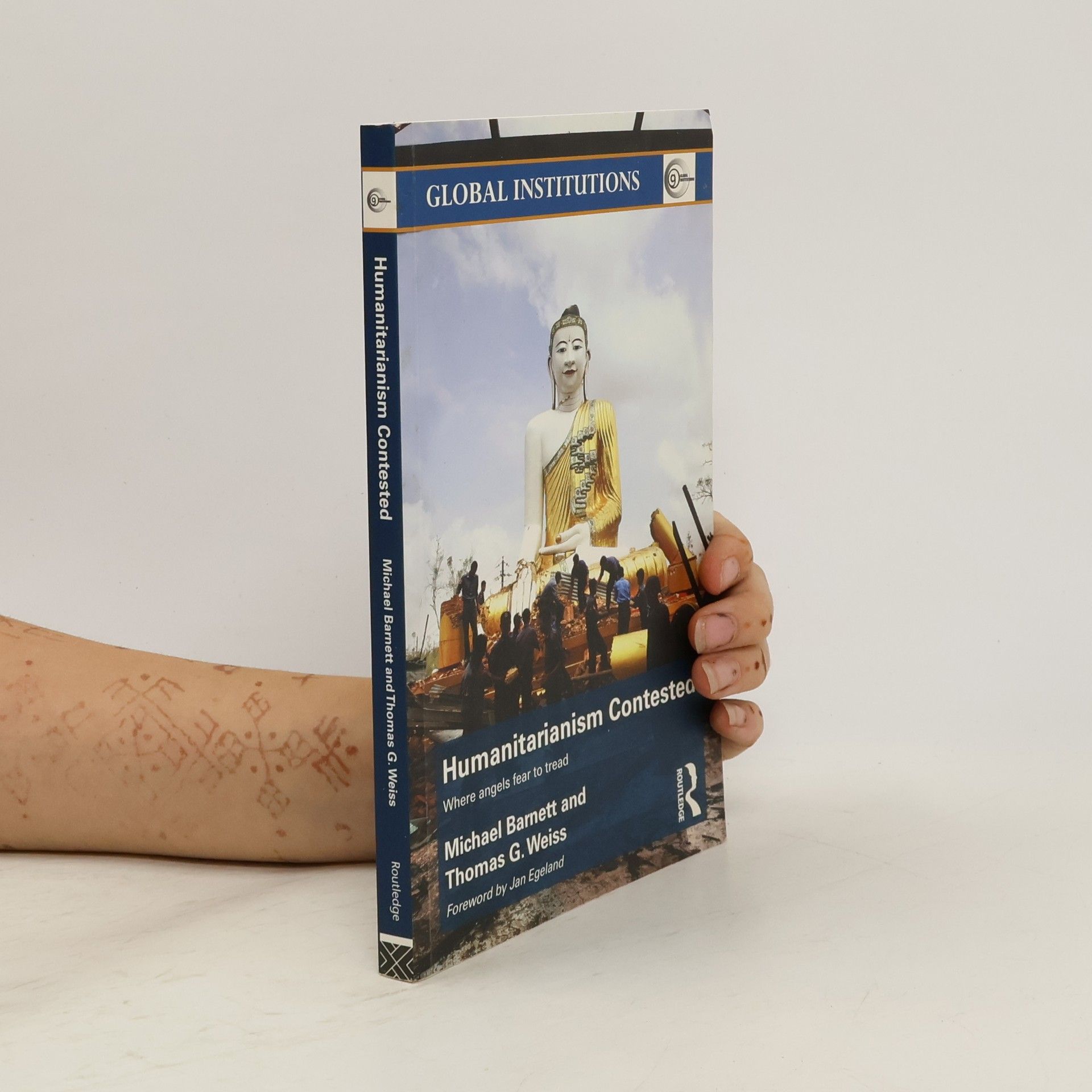Focusing on the evolution of humanitarianism, this book explores its complex history from the early 19th century to the present day. It delves into the dilemmas and tensions that have shaped the movement, offering a nuanced perspective on its challenges and developments over time. Through a sophisticated analysis, it provides readers with a deeper understanding of the principles and practices that define humanitarian efforts today.
Michael Barnett Books
Michael N. Barnett is a leading Constructivist scholar in the field of international relations. His work delves into the study of international organizations and the intricate politics of the Middle East. Barnett explores how social constructs and norms shape global interactions and political outcomes. His analyses offer valuable insights into the dynamics of the international system.







The Ultimate Project
50 Hints on the Spiritual Road
Infinite nature
- 208 pages
- 8 hours of reading
People, Not Psychiatry
- 228 pages
- 8 hours of reading
Exploring alternative approaches to mental health, this book delves into the lives of individuals who turned away from conventional psychiatry in the 1970s. It highlights their journeys in seeking and discovering innovative methods of care and healing, emphasizing the importance of community and interpersonal support in mental well-being. Through personal stories and insights, it challenges the traditional practices of psychiatry and advocates for more holistic, compassionate ways of addressing mental health issues.
Living Zero
- 143 pages
- 6 hours of reading
At Heaven's Gate
- 147 pages
- 6 hours of reading



